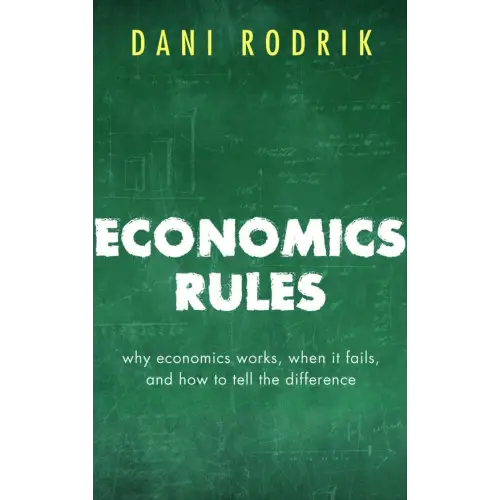After the global financial crisis, economics has become a favorite target of criticism. Economists are widely criticized, and their influence is disparaged by the general public. Nevertheless, demand for their services has never been higher. To understand this paradox, we must understand both the strengths and weaknesses of economics. Dani Rodrik argues that the multitude of theoretical frameworks—what economists call "models"—that coexist is its greatest strength. Economists are trained to hold various, potentially contradictory models of the world in their minds. This enables them, when they do their work well, to understand the world, make useful suggestions for improvement, and expand their knowledge base over time. In short, this makes economics a "science," albeit different from natural sciences like physics, but a science nonetheless. However, syncretism is not a comfortable state of mind, and economists often abandon it for inappropriate self-assurance and arrogance, especially when dealing with policy issues. Economists are susceptible to trends and too often behave as if their discipline revolves around finding a model that works always and everywhere, rather than a set of models. Their training is inadequate when it comes to navigating between different models and determining which model applies where. Ideology and political preferences often take the place of analysis in the choice between models. This text offers both a defense and a critique of economics. The way economists approach social phenomena offers significant advantages. But the flexible, contextual nature of economics is also its weakness in the hands of inept practitioners.

